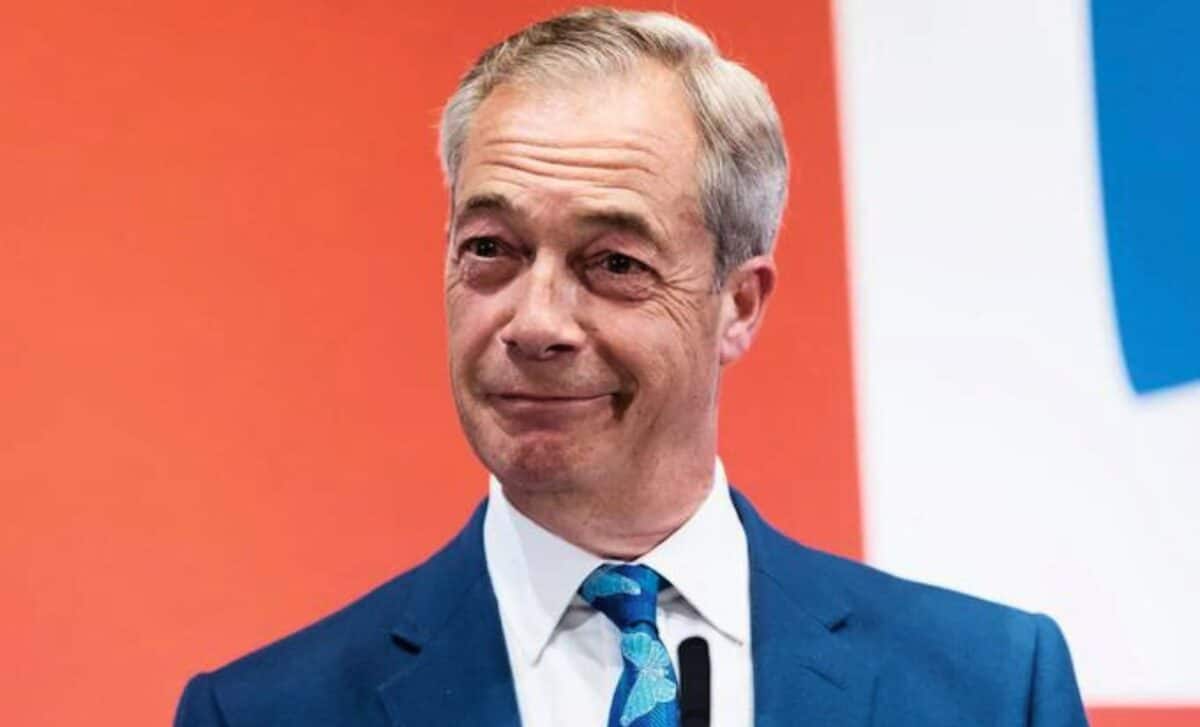Reform UK is expected to announce a bold economic strategy on Monday that includes raising income tax and inheritance tax thresholds. The party says these tax cuts can be financed by scrapping a secret subsidy to the big banks, which is currently costing taxpayers over £25 billion.
Reform UK to Propose Significant Changes in Tax Policy
Party leader Nigel Farage and his chairman Richard Tice are calling for an increase in the income tax threshold from £12,570 to £20,000. According to them, this adjustment would save each worker almost £1,500 a year.
The basic rate of income tax would remain at 20%, but the threshold for the top 40% rate would be raised from £50,000 to £70,000.
Furthermore, the party plans to abolish inheritance tax on estates worth less than £2 million, increasing pressure on the Conservative party to propose similar reforms.
Currently, the inheritance tax threshold is set at £325,000, with some exceptions for family homes. Reform UK is also proposing to reduce the rate of inheritance tax from 40% to 20%.
In practice, these policies are unlikely to be implemented after the general election, as Reform UK is unlikely to form the next government.
The Conservatives, seeking to win back voters attracted by Reform UK’s right-wing policies, have introduced measures such as the reintroduction of national service.
However, Mr Farage’s unexpected decision to lead Reform UK and stand as a candidate for Clacton MP is disrupting Conservative efforts. The first poll after his return shows Reform UK ahead of the Tories by just two percentage points.
Stamp Duty and Funding Proposals
Reform UK is also expected to overtake the Conservatives’ proposal to abolish stamp duty for first-time buyers of properties worth less than £425,000.
The party will propose abolishing stamp duty for properties under £750,000, reducing it to 2% for properties between £750,000 and £1.5 million, and to 4% for those over £1.5 million.
Reform UK claims that these tax cuts can be funded by ending a little-known system that pays interest on reserves held by commercial banks at the Bank of England.
These reserves, which amount to more than £700 billion, were largely accumulated through the Bank’s quantitative easing (QE) programme, implemented to stabilise the financial system after the 2008 credit crisis.
During periods of low interest rates, banks earned minimal returns on these reserves. However, with the base rate now at 5.25% due to the unwinding of the QE programme, banks are earning substantial interest, boosting their profits by almost £40 billion a year. They suggest that redirecting these funds could cover the proposed tax cuts.









